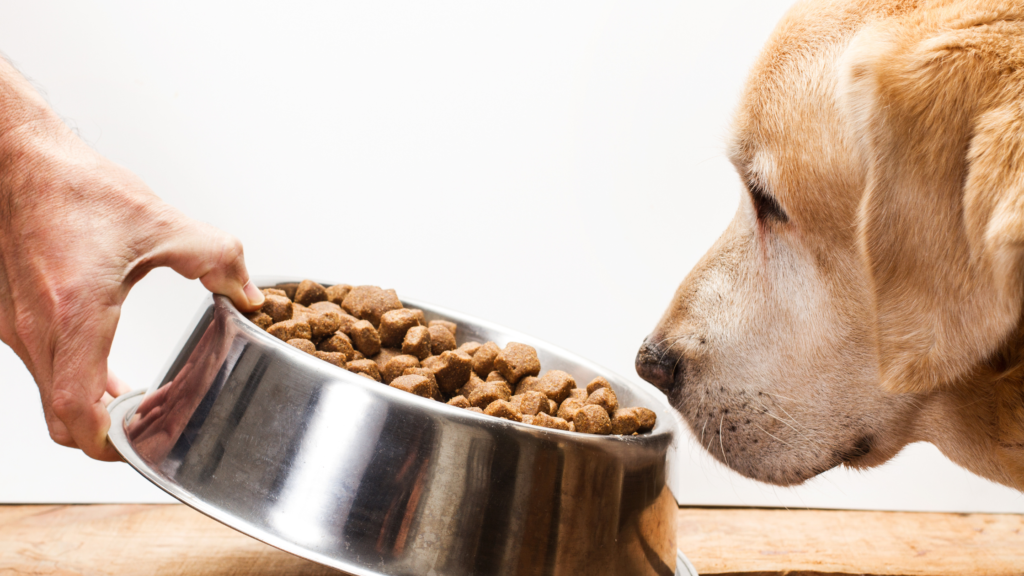As a loving dog owner, you want your furry friend to live a long, healthy, and happy life. One of the most critical aspects of your dog’s well-being is proper nutrition. Just like humans, dogs have different nutritional needs at different stages of their lives. Understanding these needs and providing the right diet can make a significant difference in their health and longevity. In this guide, we’ll explore the essential nutrition for every stage of your dog’s life, from playful puppies to wise seniors.
Puppy Nutrition: Building a Strong Foundation
Puppies grow rapidly, and their nutritional needs are quite different from those of adult dogs. During this stage, they require a diet rich in high-quality proteins, fats, vitamins, and minerals to support their development.
- Protein: Essential for muscle and tissue development. Look for puppy food with high protein content from sources like chicken, beef, or fish.
- Fat: Provides energy and supports brain development. Omega-3 and Omega-6 fatty acids are particularly beneficial.
- Calcium and Phosphorus: Crucial for strong bones and teeth. Ensure your puppy’s diet has the right balance to prevent growth abnormalities.
- Vitamins and Minerals: A well-rounded puppy food should contain essential vitamins (A, D, E) and minerals (zinc, iron) to support overall health.
Puppies should be fed three to four times a day to meet their high energy needs and should transition to adult food around their first birthday.

Adult Dog Nutrition: Maintaining Optimal Health
When your dog reaches adulthood, their nutritional needs shift to maintaining health and preventing diseases. An adult dog’s diet should be balanced and tailored to their size, breed, and activity level.
- Balanced Diet: Ensure their food contains a balance of protein, fats, and carbohydrates. Protein should come from quality sources to support muscle maintenance.
- Healthy Fats: Essential for skin and coat health, as well as overall energy. Avoid excessive fats that can lead to obesity.
- Fiber: Supports healthy digestion. Look for food with appropriate fiber content from vegetables and grains.
- Hydration: Always provide fresh water. Wet food can also help maintain hydration levels.
Regular feeding times and portion control are important to prevent overeating and obesity. Monitor your dog’s weight and adjust their diet as needed to keep them in optimal shape.

Senior Dog Nutrition: Supporting Longevity
As dogs age, their metabolism slows down, and they become more prone to health issues. Senior dogs require a diet that supports their changing needs and helps manage age-related conditions.
- Reduced Calories: Older dogs are less active and need fewer calories to avoid weight gain. Look for senior-specific dog food that meets their lower energy requirements.
- Joint Support: Ingredients like glucosamine and chondroitin can help maintain joint health and mobility.
- Antioxidants: Vitamins C and E help boost the immune system and combat the effects of aging.
- Digestive Health: Senior dogs may benefit from easily digestible foods with added fiber and probiotics.
Regular vet check-ups are crucial to monitor your senior dog’s health and adjust their diet as necessary. Special dietary needs may arise, such as low-sodium diets for heart health or renal-support diets for kidney issues.
Tailoring Nutrition to Your Dog’s Unique Needs
Every dog is unique, and factors such as breed, size, and activity level play a significant role in their nutritional requirements. Consulting with your veterinarian is the best way to ensure your dog receives a diet tailored to their specific needs. Additionally, always read dog food labels carefully to choose high-quality, nutrient-dense options.
Homemade vs. Commercial Dog Food
Both homemade and commercial dog food can provide excellent nutrition if prepared correctly. Homemade diets give you control over ingredients but require careful planning to ensure they are balanced and complete. Commercial dog food, especially premium brands, is formulated to meet all your dog’s nutritional needs.
If you opt for homemade dog food, work with a veterinary nutritionist to create balanced recipes. For commercial dog food, choose reputable brands with high-quality ingredients and avoid those with fillers and artificial additives.
Conclusion
Providing the right nutrition for every stage of your dog’s life is essential for their health and happiness. By understanding their changing needs and choosing age-appropriate diets, you can support their growth, maintain their health, and ensure they enjoy a long, vibrant life. Remember, regular vet consultations and staying informed about canine nutrition are key to keeping your furry friend in top shape.
With the right care and nutrition, your dog can thrive at every stage of their life, bringing joy and companionship to your family for years to come.


